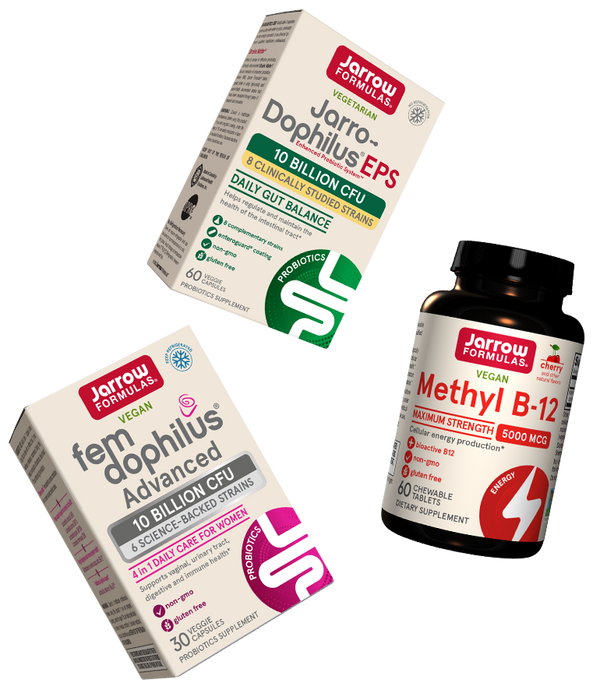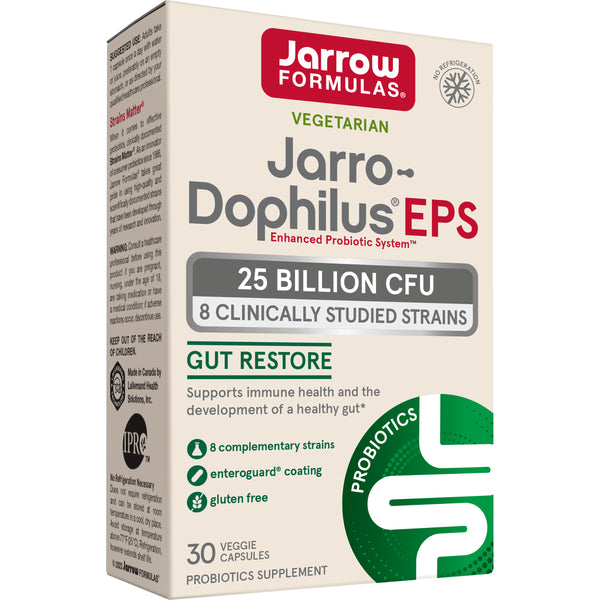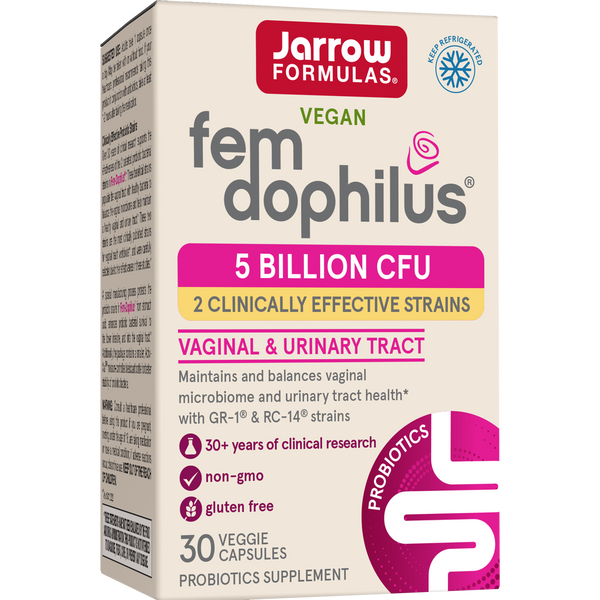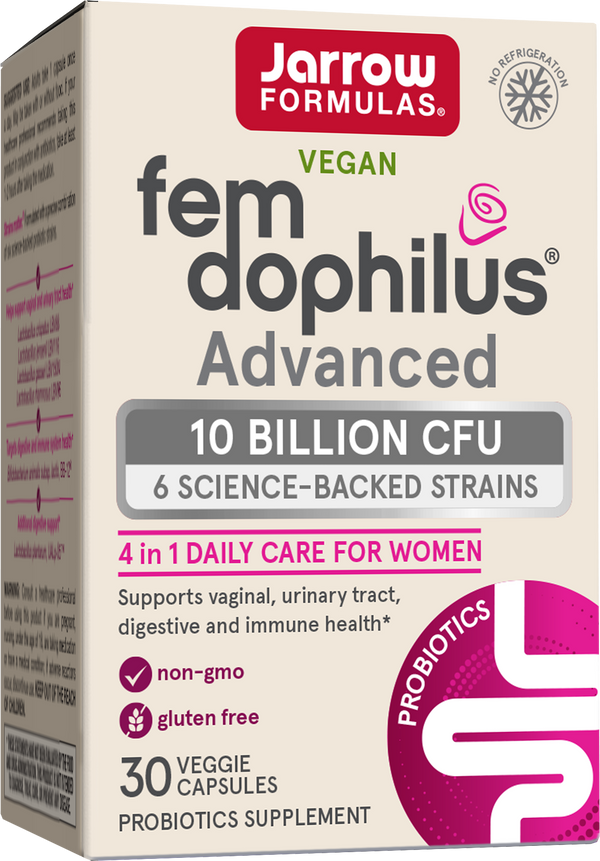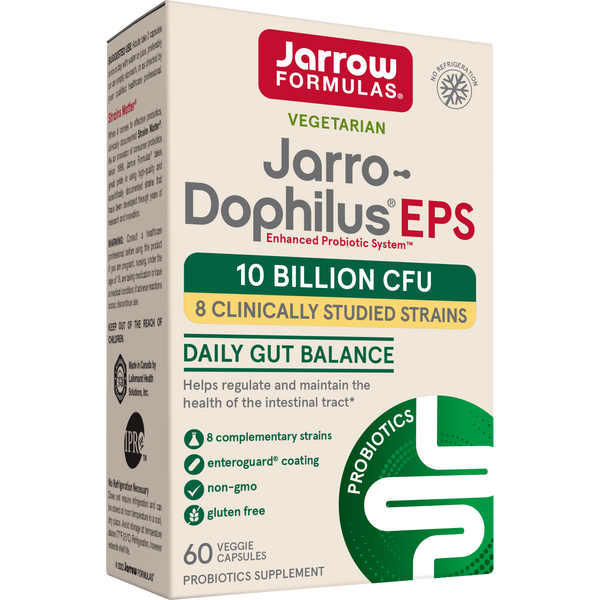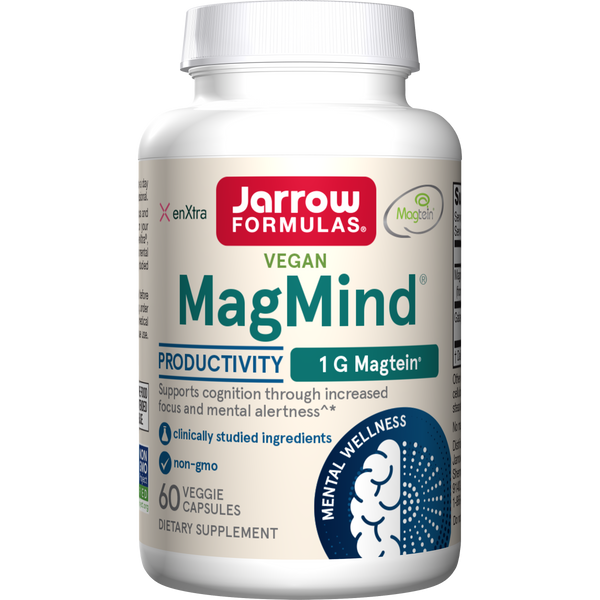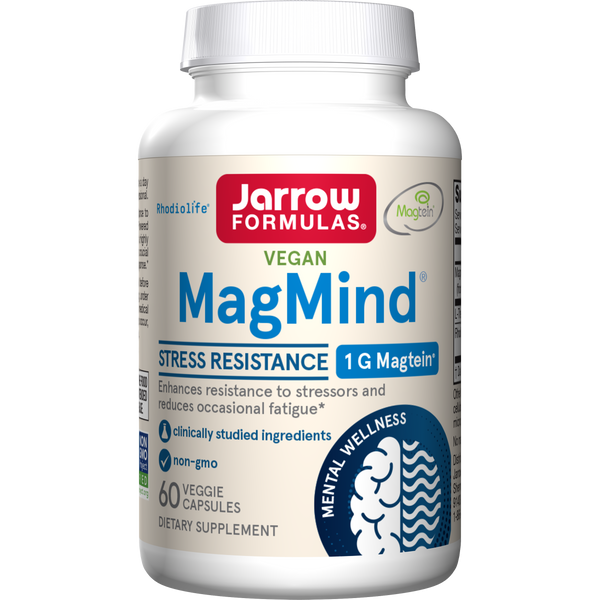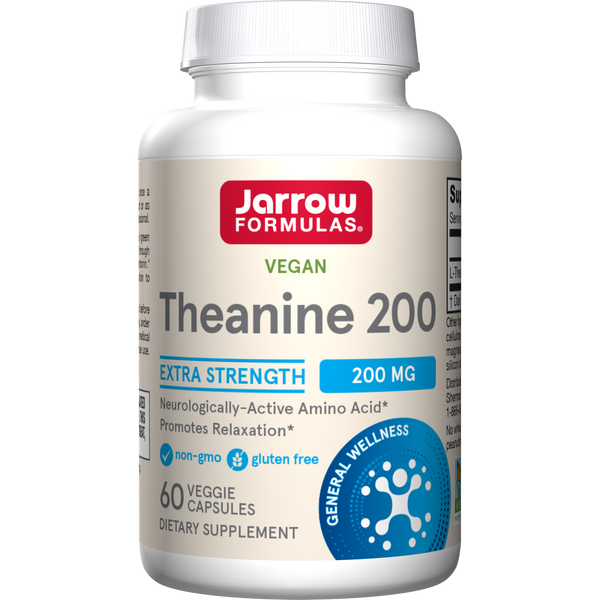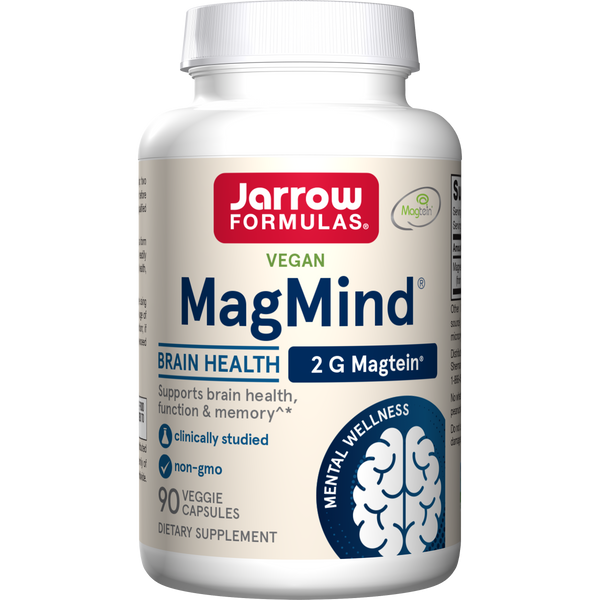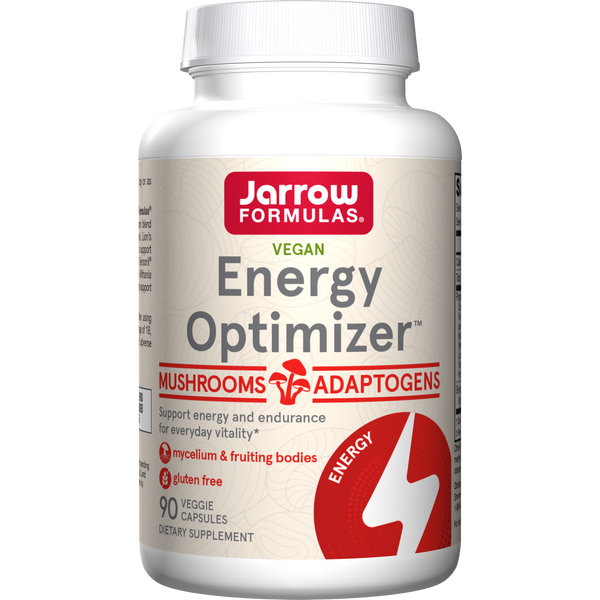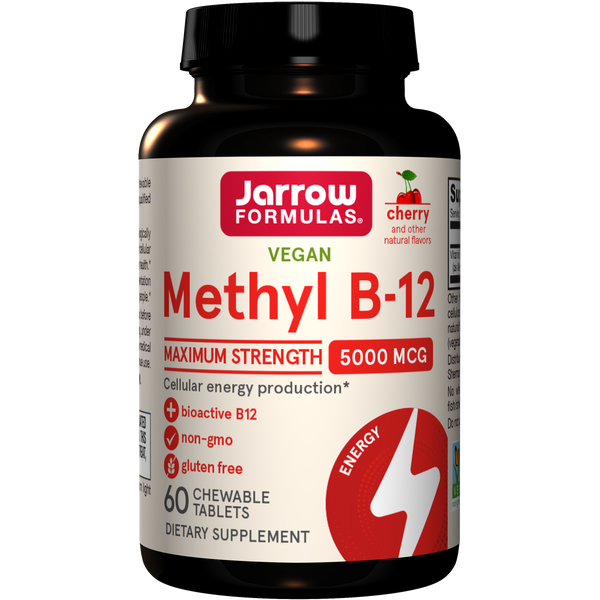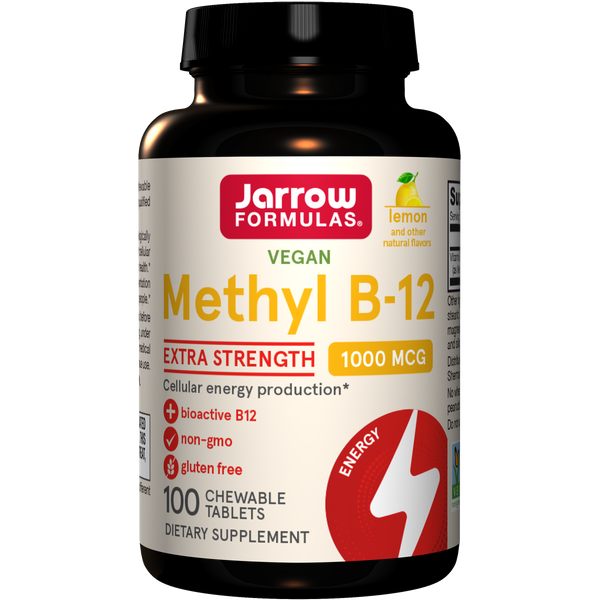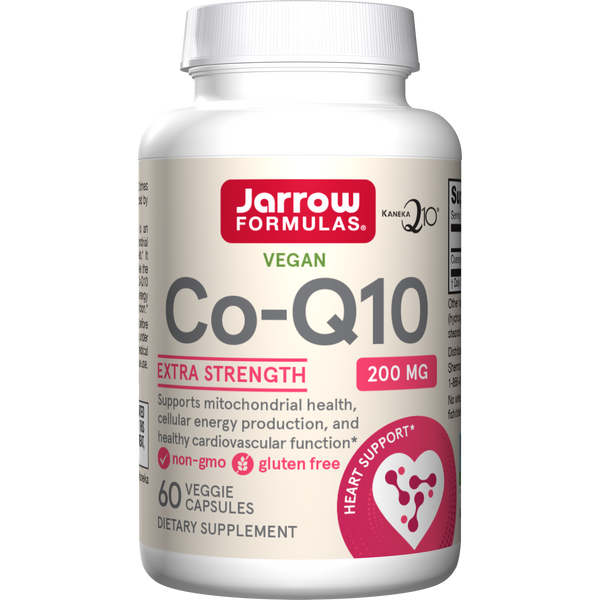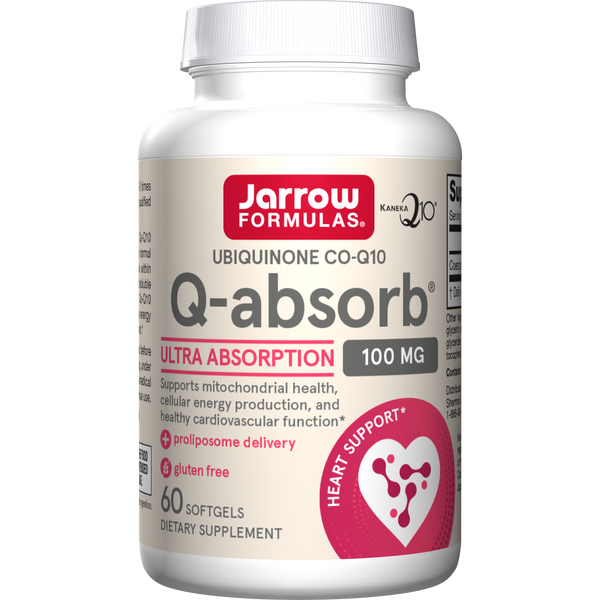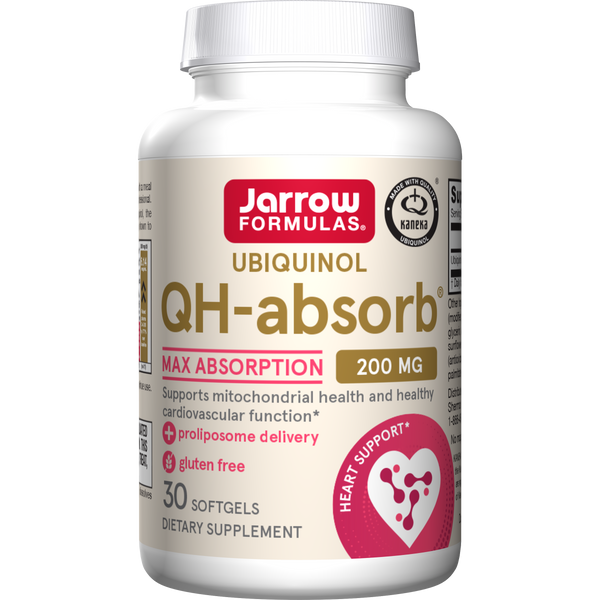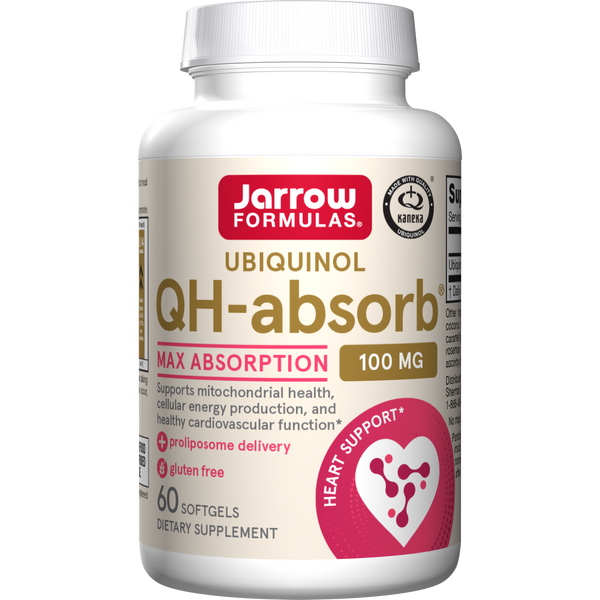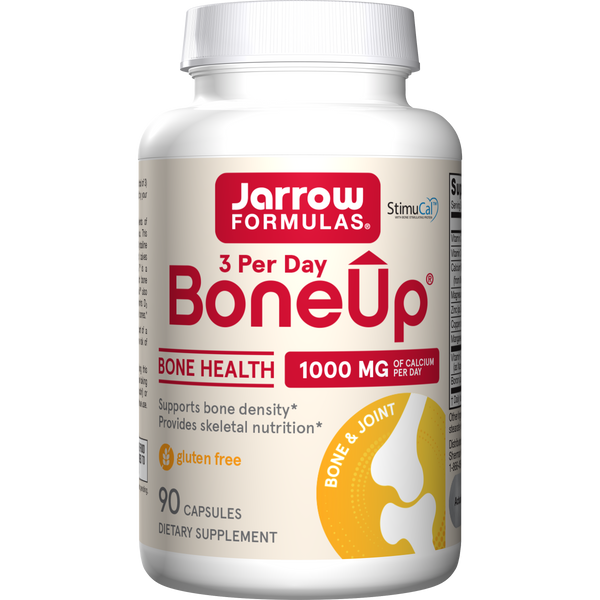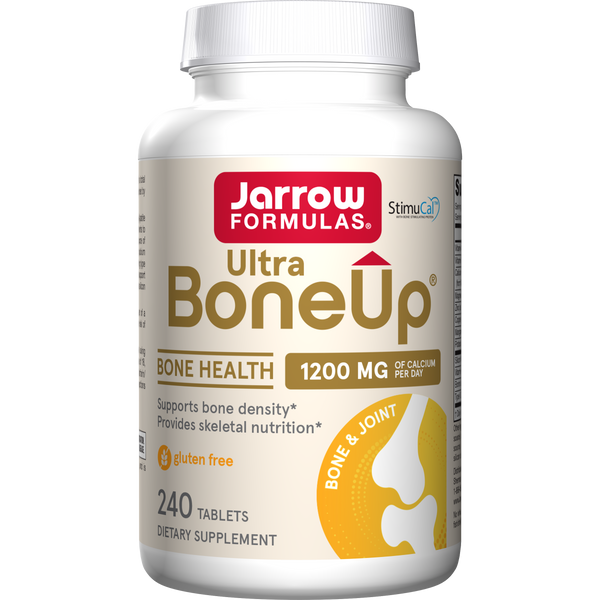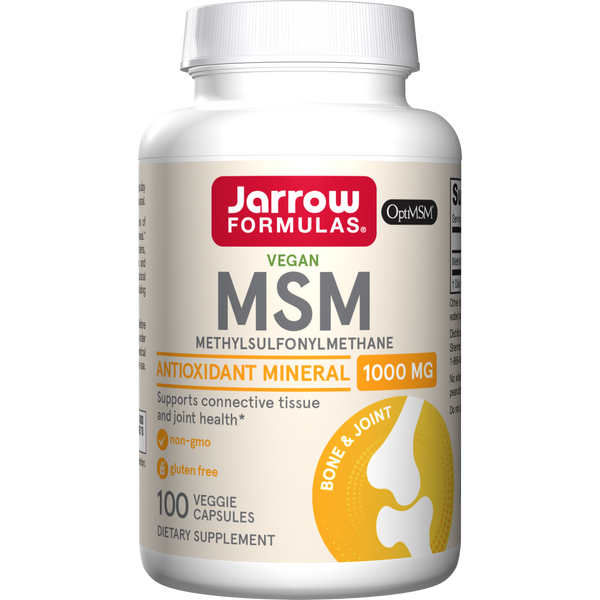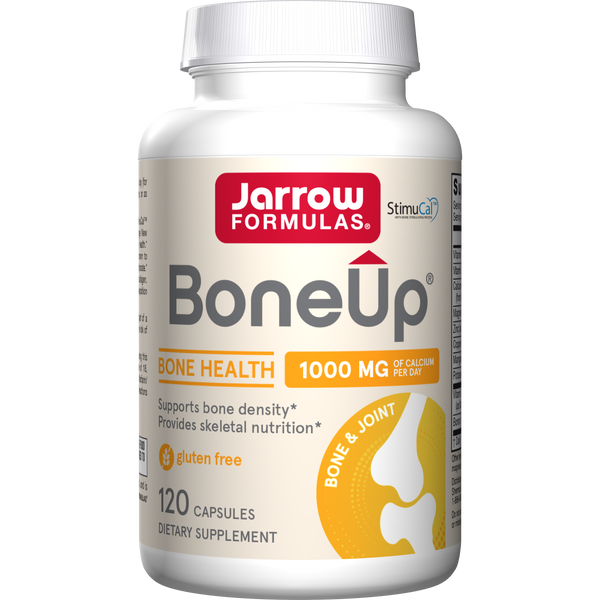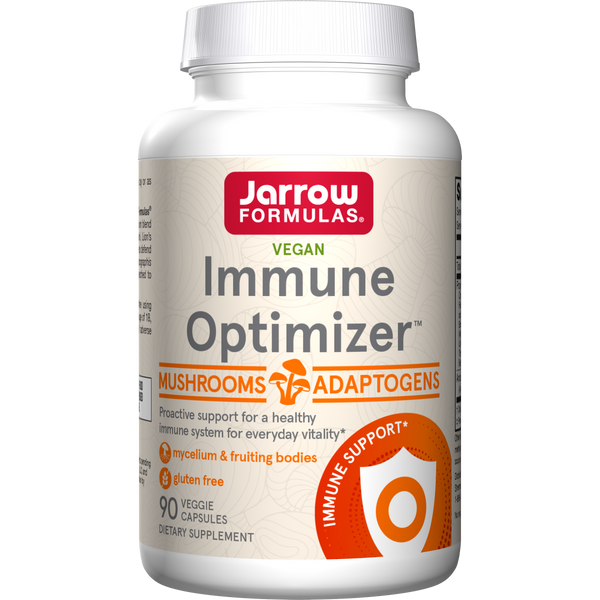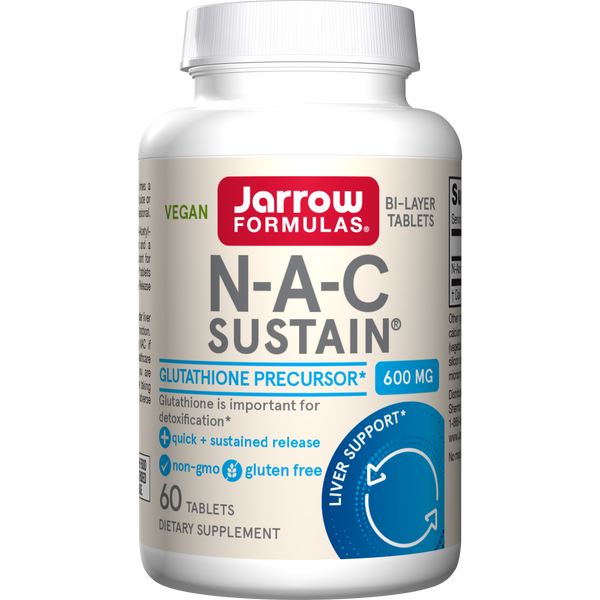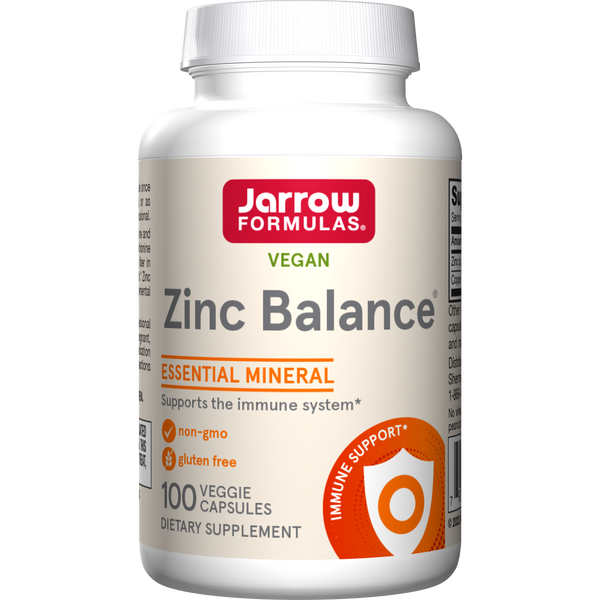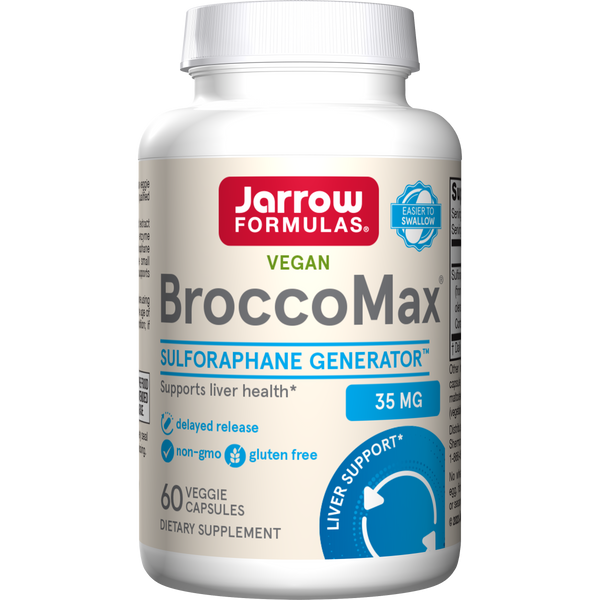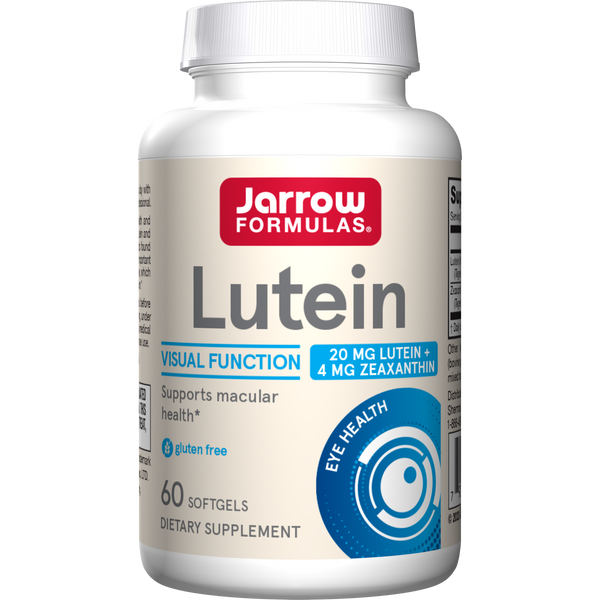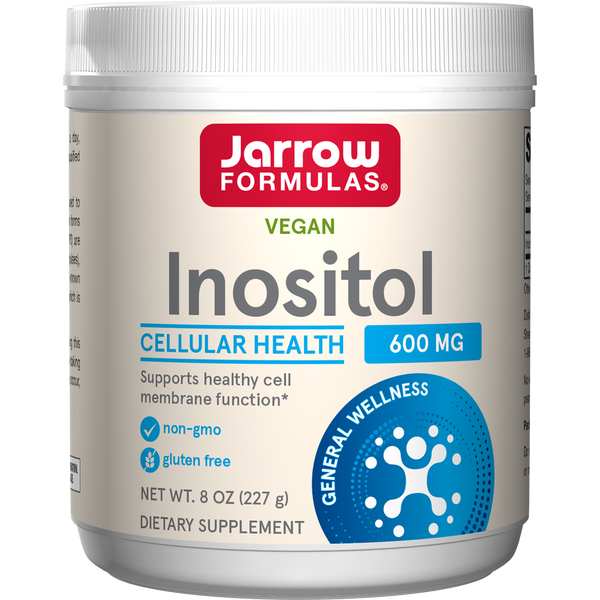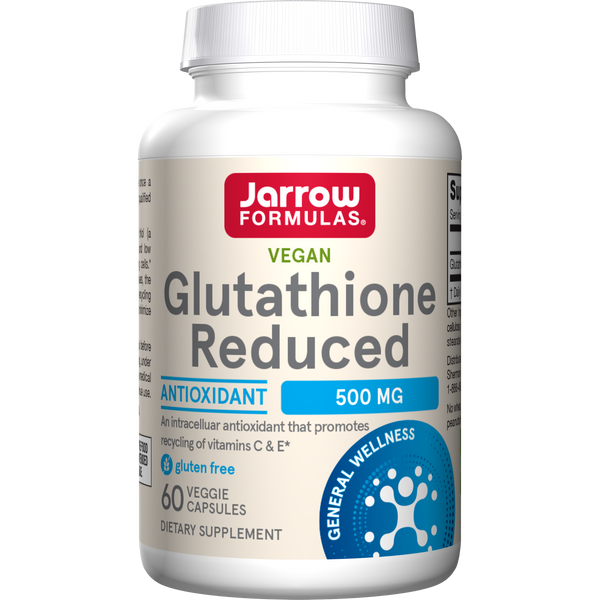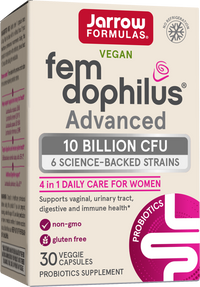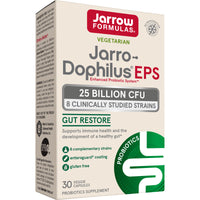Bone-Up Reference Guide
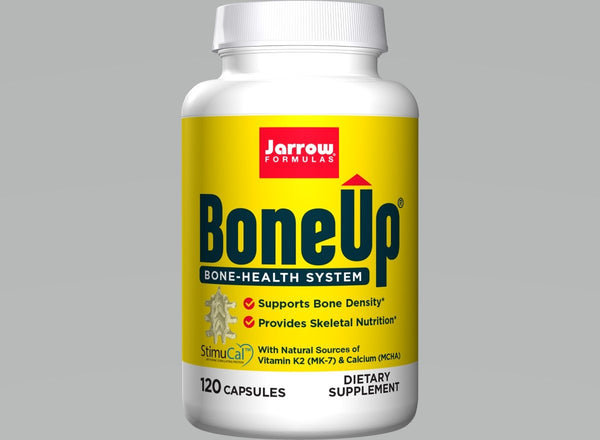
Bone-Up Reference Guide
Promotes Bone Density*
Bone-Up® bone supplements utilize one of the finest sources of calcium available: Australian bovine bone ossein microcrystalline hydroxyapatite from chemical-free, range-grazed calves less than two years old (bones from veal calves are never used).
Who Can Benefit from this Product?
Many Americans are not meeting the current recommendations for adequate calcium intake via diet or with supplement use. This bone health supplement provides needed calcium, but also includes other essentials for proper calcium utilization by the body.
What Distinguishes this Product?
- Complete Multinutrient Bone-Health System
- Published Clinical Trial with Bone-Up®
- Ossein Microcrystalline Hydroxyapatite Contains Active Bone-Growth Factors
- Bone-Up is Always UP-FORMULATED™ to Include the Latest Breakthroughs in Bone Health
Bone-Up®
Jarrow Formulas’ Bone-Up® has been a featured product of Jarrow Formulas® for some time and has been updated through the years to reflect the latest scientific findings regarding skeletal health.
Bone Mass and Hydroxyapatite
In 1982, an important calcium supplementation study was concluded and reported by the Dept. of Medicine and Radiology, Royal Free Hospital in London, England. Fifty-three post-menopausal women diagnosed to have seriously impaired calcium absorption and accelerated bone loss were separated into three groups and studied for over 14 months. At the conclusion of the study, only the women that received 1,000 mg of calcium from hydroxyapatite along with vitamin D showed a significant increase in bone thickness.*
Hydroxyapatite produces more prolonged calcium balance than soluble calcium salts. It also allows the bone osteoblast cells to be more receptive to its components and to build bone tissue. Furthermore, hydroxyapatite provides both the organic and inorganic constituents found in human bone: hydroxyapatite microcrystals consist of calcium, phosphorous, oxygen, and hydrogen; the trace minerals zinc, strontium, silicon and iron; and proteins, amino acids and aminoglycans.
Bone Health
Bone consists of calcium and phosphorous crystals embedded in a framework of interlocking protein fibers. The protein fibers are made primarily of collagen. The mineral crystals give bone hardness, strength, and rigidity. Collagen fibers impart their quality of flexibility. Hydroxyapatite composes 67% of the weight of bone, and the collagenous fibers make up the remaining 33%.*
The average adult has 1,000 - 1,200 grams of calcium in the body. Bones are the body’s largest calcium storehouse and will release calcium into the bloodstream in order to ensure correct blood levels of calcium. Thus, blood calcium levels can be normal while bone loss can be considerable.
Between 2 - 4% of a person’s skeleton is remodeled every year. This means that calcium and other minerals leave the bone in a process called resorption and then must be “remodeled” or replaced. Whether due to poor nutrition or reduced hormone levels with the onset of aging, the loss of calcium and other minerals from the bone creates tiny holes that make bones weak and brittle, particularly if collagen is being lost.
It has been estimated that post-menopausal women lose 0.7% to 2% of their bone density per year while men lose 0.5%-0.7%. Between 45 and 75 years of age, women lose 30% of their skeletal structure and men lose 15%.
Who Needs to Supplement Calcium?
Research has indicated that 85% of women over the age of 20 and at least 50% of men from age 35 consume less than the RDI for calcium. Caffeine, alcohol, sugar, chocolate, high protein diets and soda pops – particularly colas that are high in phosphorous can deplete calcium.
Bone-Up Clinical Trial
The results of a recent clinical trial published in the Journal of Nutritional & Environmental Medicine (Disilvestro RA et al. J Nutr Environ Med. 2007; 16(1):26-32) found that exercise and supplementation of calcium, vitamin D3 and other micronutrients from Bone-Up significantly improved bone health in young adult women.*
In an 8-week double-blind placebo-controlled study of 24 female students ages 18 to 24, supplementation with Bone-Up (not placebo) was found to produce statistically significant decreases in markers of bone degradation, while increasing levels of plasma bone specific alkaline phosphatase (an indicator of bone synthesis), plasma 2,5-OHvitamin D (an indicator of vitamin D nutritional status) and plasma parathyroid hormone.
